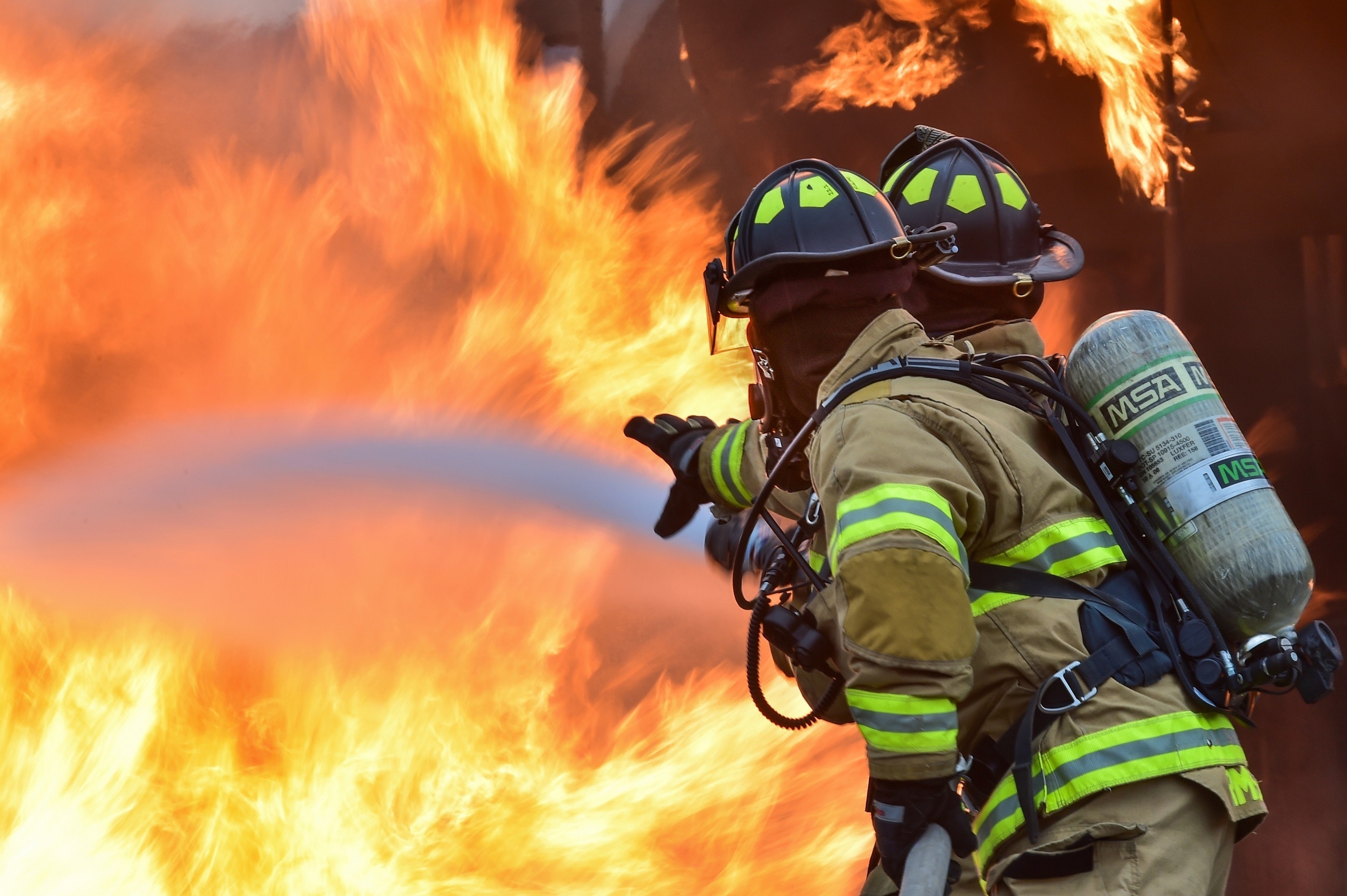
The fire service is continuously addressing safety to reduce deaths and injuries in the line of duty. With risks ranging from burns to falling objects, firefighters face a wide range of hazards on every call. About 61,000 firefighters were injured in the line of duty in the United States in 2019, so creating a culture of safety and awareness is essential in the firefighting industry. This culture of firefighter safety begins at the top. Without robust and forceful leadership guiding workers with the right safety essentials, including using the appropriate protective gear and knowing how to take care of their body, the risk of injury, long-term damage, and even death only rises.
Here are some firefighter safety essentials to understand and use in the line of duty.
Protect Your Hearing
Freifighters should always carry earplugs and headphones on their fire apparatus. From sirens shrieking to horns blaring and general commotion, having ear protection can limit the damage noise can have on firefighters. What’s more, even when firefighters turn the siren off, they may enter a building with loud alarms that can pierce the ears. If they don’t protect your hearing by wearing hearing protection or moving away from noisy atmospheres if possible, they will most likely suffer from complications related to hearing loss in the future.
Protect Your Eyes & Lungs
Wearing dust-resistant eye protection combined with a mask will help protect eyes and lungs when working around smoke or with drilling walls in older homes. It would help if firefighters didn’t breathe in things like dirt, mold, asbestos, and fiberglass insulation fibers that hang in the air. Wearing a simple N95 mask will help cut down on inhaling toxins or getting them in their eyes, causing eyesight problems or respiratory ailments.
Another way to protect the eyes is by wearing UV-blocking sunglasses if working outside. Wear sunglasses even on cloudy days because the sun can present damaging UV rays that can ultimately penetrate cloud cover. Moreover, extended exposure to the sun’s rays can lead to significant eye damage such as macular degeneration and cataracts.
Keep Your Body Healthy
Every firefighter should make sure they are staying as hydrated as possible throughout the day. Suffering dehydration while on a call can lead to firefighters passing out and suffering from other hazards. Make sure to also carry water in bottles and sports jugs on the truck to ensure everyone on board can access water before, during, and after tending to a call.
Furthermore, it’s also essential to stay physically and medically fit with updated vaccinations and daily exercise. Firefighters never know what they’ll come across at a fire site, and a simple scratch can lead to significant infection. Being updated on a tetanus shot can help to limit unnecessary bacteria issues brought on by puncture wounds.
Keep Skin Safe
Another important firefighter personal safety essential is keeping the skin protected and cared for. Firefighters can start by putting sunscreen on their face, arms, and neck. They should always make sure to carry a bottle of at least SPF 50 on the truck and ensure all firefighters on board have access to it. Sunscreen can help fight ultraviolet rays when they bounce off objects at a site, including windows, glass, and vehicles. Even when they’re standing in the shade, it’s still possible to come in contact with UV rays that can cause harm.
About Provident Fire Plus
At Provident Fire Plus, we offer custom-tailored packages to best protect firefighters and volunteer firefighters. We understand the risks that emergency response teams are subjected to on a daily basis, and have worked to serve these dedicated professionals for over 87 years. For more information about our products and policies, we invite you to contact our experts today at (855) 201-8880.

